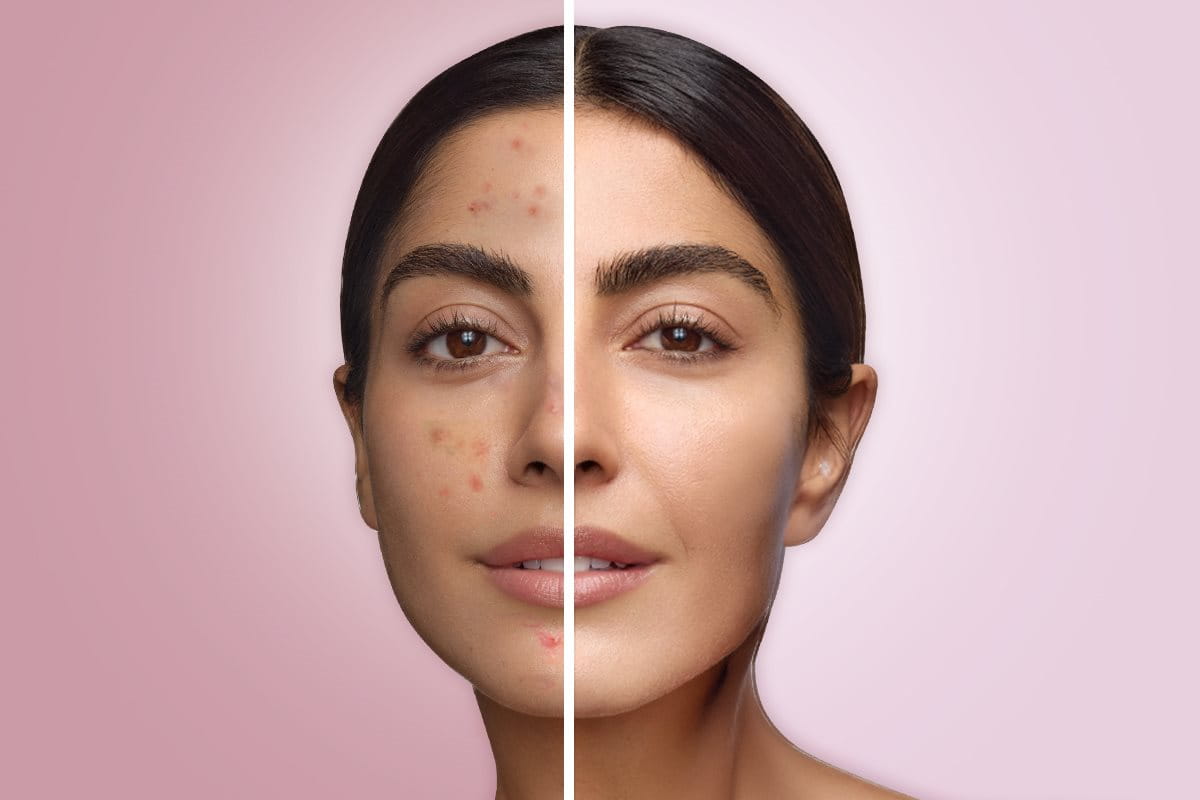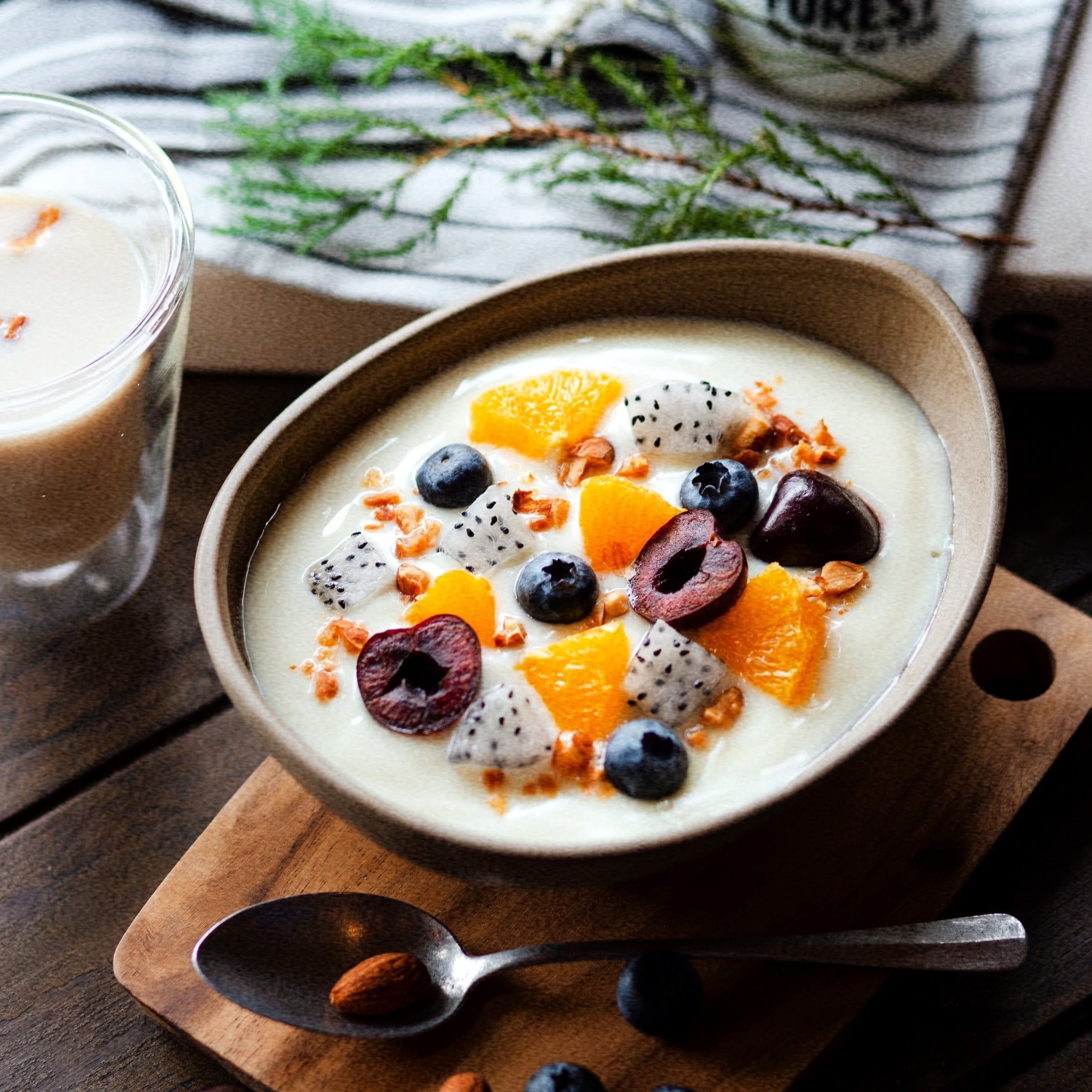|
Treatment Options for Acne

The reasons for acne and its symptoms change the line of treatment one adapts to. Mild acne may be resolved using the right skincare products, while more severe cases may require prescription medications or a combination of therapies.
Treatments must aim to reduce inflammation, control oil production, prevent bacterial growth, and promote skin healing. Treatment plans often include topical and oral medications tailored to the individual’s skin type and acne severity.
It’s important to follow a consistent treatment regimen and consult a dermatologist for pointed solutions.
Here are a few of the most common acne treatments they may recommend -
Topical Acne Treatments
Applied directly to the skin, topical treatments are usually creams and serums that are designed to treat mild to moderate acne.
These treatments often include antibacterial ingredients along with skin actives like salicylic acid, niacinamide, or retinoids.
Salicylic acid helps exfoliate the skin and prevent clogged pores. Niacinamide has anti-inflammatory properties that help reduce the redness and swelling. Retinoids, such as tretinoin, promote skin cell turnover and prevent pores from becoming blocked.
These ingredients can also be assimilated into your regular skin regimen, after consulting a dermatologist. As the acne begins to fade, ingredients like Thiamidol can be incorporated to fade remnant marks and scars.
Oral Acne Treatments
Oral treatments are commonly prescribed for moderate to severe acne, hormonal or nodular-cystic acne when topical treatments are not effective.
Antibiotics like minocycline or doxycycline are used to counter acne-causing bacteria and help reduce inflammation.
For hormonal acne, solutions such as birth control pills or anti-androgens like spironolactone may be recommended. For severe cases, oral retinoids like isotretinoin may be prescribed, which work by reducing sebaceous gland size and oil production.
However, one must only start with oral acne treatments after consulting a dermatologist and having the acne diagnosed.
Additional Acne Treatments
Apart from topical and oral medications, a few other therapies can step in as acne treatments.
Light and laser therapies, such as Photodynamic therapy (PDT) can be used to target the bacterial presence in the acne-prone regions.
Chemical peels, which involve the application of exfoliating acids, can help unclog pores, reduce scarring, and reveal smoother skin underneath. Corticosteroid injections are sometimes used for large, painful cysts to reduce inflammation and promote faster healing.
Other treatments may include drainage or extraction procedures, where a dermatologist uses sterile needles to drain out excessive oils, dead cells, and impurities.
These treatments are typically used in conjunction with other topical, medical methods for optimal results.

Natural Remedies and Home Care
Tea tree oil, aloe vera, and turmeric are often used as home remedies against acne. These ingredients are a crowd favorite due to their anti-bacterial and anti-inflammatory properties.
While they may help mild acne in some cases, using them incorrectly or excessively may leave you at risk of clogged pores and aggravate acne.
Nutritional science and common sense tell us that a healthy, balanced diet is the key for maintaining overall health and supporting clear skin. While research on the direct link between nutrition and acne is ongoing, many experts believe that certain dietary choices can influence acne severity. Include foods rich in antioxidants and omega-3 fatty acids help to reduce inflammation and support healthy skin. Limit Foods that can exacerbate blemish-prone skin. These include dairy (e.g. milk, buttermilk and curd), as well high Glycemic Index foods, such as refined carbs, fried food, sugary snacks, and beverages.
While not direct causes of acne, smoking and stress can contribute to acne development. Both factors can lead to hormonal imbalances and increased inflammation in the body, which may worsen existing acne and trigger new breakouts. To promote clearer and healthier skin, it’s crucial to avoid smoking and manage stress effectively. Adopting a balanced lifestyle and following a consistent skincare routine can significantly benefit your skin's health.
Depigmentation treatments
As acne subsides, it is essential to begin with depigmentation treatments. Opt for products that are non-comedogenic, lightweight, and have a gentle ingredient at the center - like Thiamidol.
Try to create an uncomplicated yet complete skin regimen with facewash, toner, serum, moisturizer, and non-comedogenic sunscreens to treat post-acne pigmentation and treatments.
Look for products with AHAs, PHAs, and natural chemicals like lactic acid to promote exfoliation and skin cell turnover.
Acne Prevention Tips
A large part of acne treatment is focusing on prevention. Adapting to a proper lifestyle, dodging the acne triggers, and staying consistent with skincare is paramount, as recurring acne can leave lasting scars and abrasions on your face.
Depigmentation treatments
As acne subsides, it is essential to begin with depigmentation treatments. Opt for products that are non-comedogenic, lightweight, and have a gentle ingredient at the center - like Thiamidol.
Try to create an uncomplicated yet complete skin regimen with facewash, toner, serum, moisturizer, and non-comedogenic sunscreens to treat post-acne pigmentation and treatments.
Look for products with AHAs, PHAs, and natural chemicals like lactic acid to promote exfoliation and skin cell turnover. (责任编辑:)
|


